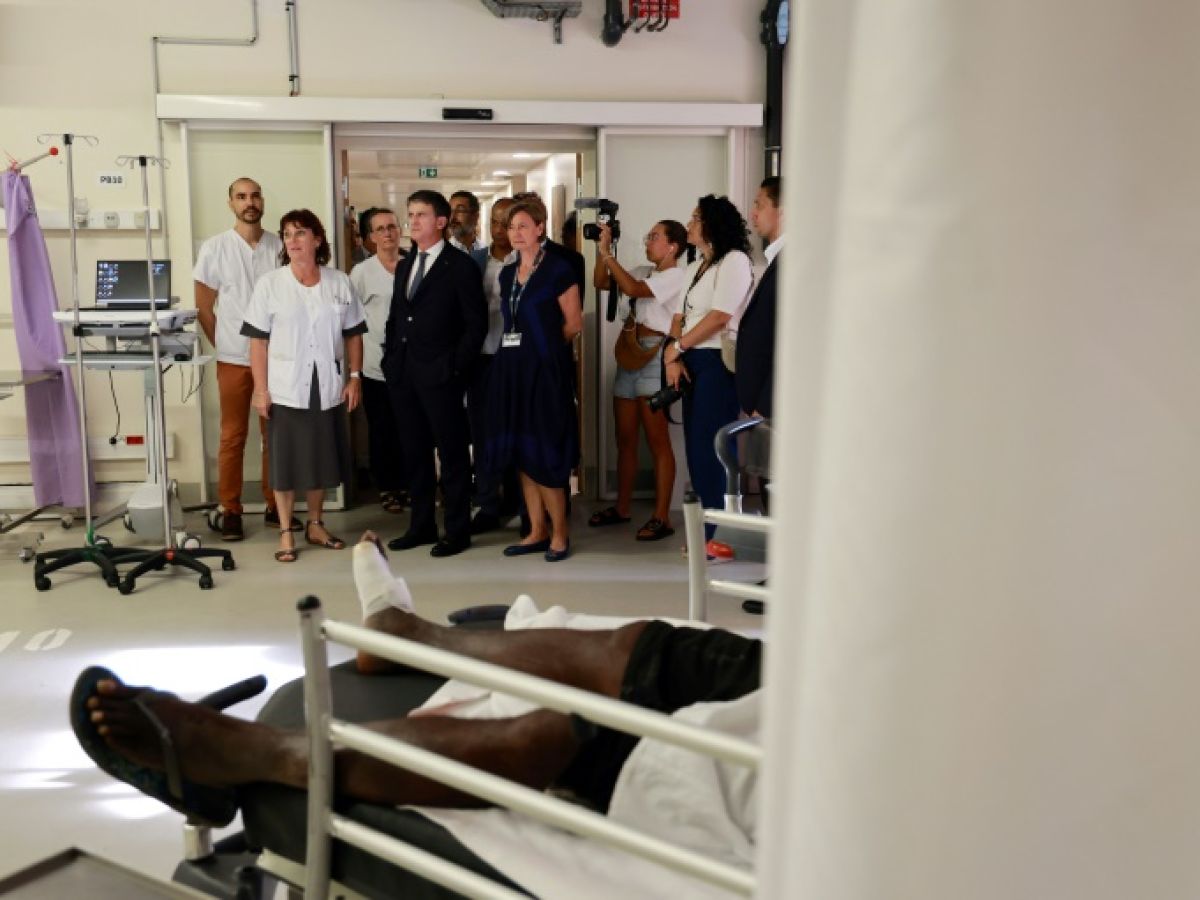The government on Sunday encouraged those who can to get vaccinated against the chikungunya epidemic in Réunion, as health authorities have just "immediately" withdrawn those over 65 from the vaccination campaign.
"If you have kidney failure, heart failure, respiratory failure, diabetes, obesity, or are between 18 and 65 years old, it is recommended that you get vaccinated as I speak," Health Minister Yannick Neuder said on France 3.
"I trust the health authorities," said Overseas Minister Manuel Valls, a guest on the RTL/M6/Le Figaro/Public Sénat Grand Jury, recalling that "this is the first time that a vaccine has been used against chikungunya."
The vaccination campaign launched a few weeks ago, which primarily targeted seniors, was "adapted immediately" after three "serious adverse events" in people over 80 with comorbidities, Mr. Valls recalled.
Asked whether the vaccination campaign should continue, Mr. Valls replied "yes," adding that "recommendations have been given."
He denied any rush in launching the vaccination campaign, recalling that the Ixchiq vaccine had received its marketing authorization in June 2024.
Chikungunya, an infectious disease caused by a virus transmitted by the tiger mosquito, causes a high fever and joint pain that can last for several weeks. There is no specific treatment for the disease.
Faced with a widespread and major epidemic in Reunion Island, health authorities launched a vaccination campaign on the island in early April. The vaccine used, Ixchiq, is the first against chikungunya to have obtained marketing authorization in Europe.
The provisional death toll from the chikungunya epidemic in Réunion Island stands at nine, according to health authorities, who emphasize that the epidemic is "stabilizing at a high level," according to figures released Wednesday.
The current epidemic began in August 2024, but cases exploded starting in March 2025. Before this outbreak, no cases of chikungunya had been reported in Réunion since 2010. A major epidemic there affected 260,000 people and caused more than 200 deaths between 2005 and 2006.
"The toll is already high and could obviously get worse," warned Mr. Valls. "That's why we must always take these preventive measures," he insisted.
